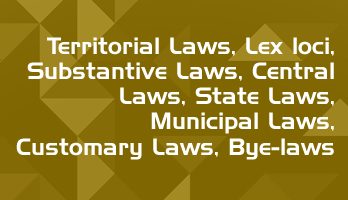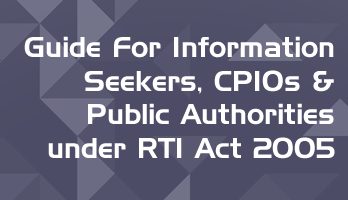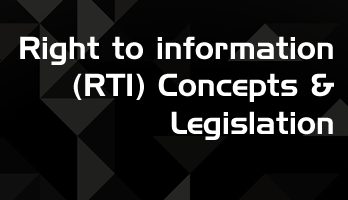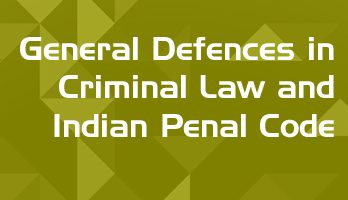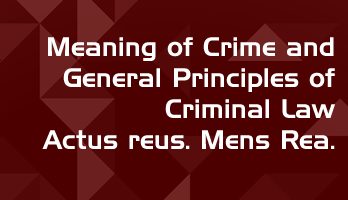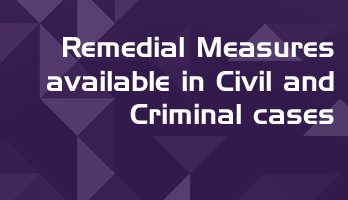Free Full Course Available on LawMint's YouTube Channel
How to Land Your Dream LLB Internship in a Top Law Firm
- Part 1 - Introduction
- Part 2 - Internship Planning
- Part 3 - Internship Research
- Part 4 - Building Your Profile
- Part 5 - The Email
- Part 6 - The Resume
- Part 7 - The Cover Letter
- Part 8 - The Interview
- Part 9 - Self Development
Practical and comprehensive course, with real examples and step-by-step analysis of the complete internship application process. Check out LawMint's YouTube channel now!
Definition of Drafting
‘Drafting’ is a combination of law and the facts of law in a language form. In law drafting refers to preparing of a legal document for legal purpose(s). Thus, the language used in the drafting is legal language that is understood by a person who has legal knowledge.
‘Drafting’ is a very articulated work, where the drafter has to choose the right word as well as the right concept i.e., right law and the right fact to law.
Principle of Drafting
The principles of drafting a good legal document are explained under two broad heads:
(a) Planning
(b) Writing
Planning for Good Draft
The planning to write a good legal document there are three important aspects to it are:
Objective
What does it have to do? In legal terms, what must the thing you are drafting (i.e., Bill, Part, section) achieve?
Framework
Work out the overall conceptual structure: group material into Parts, subparts, and sections, etc.
Order
Organisation of material is a key to a well-structured Bill or regulation. Material should be arranged in a logical order.
Writing a Good Draft
To write a good legal document there are five important aspects to it are:
Headings
Summarize, if possible, otherwise indicate specific topic. Keep brief. Draft with an eye to use in contents, Use liberally.
Sections
One coherent group of ideas per section, Use the narrative style—avoid excessive cross-references, preferably no more than five subsections, Avoid going down to sub-paragraphs.
Sentences
Get to the main point (from the reader’s point of view) early, keep sentences short and simple— focus on verbs, avoid nominalization, avoid passive constructions unless they are necessary to convey the desired meaning, keep the subject and predicate close, punctuate effectively.
Write in active voice: such sentences eliminate the chances of confusion. Use active verbs: like,
1. Do not use Give consideration to, instead use consider
2. Do not use is applicable to, instead use applies to
3. Do not use make payment, instead use pay
4. Do not use give recognition to, instead use recognize
5. Do not use is concerned with, instead use concerns
Words
Use the simplest word that conveys the meaning, eliminate unnecessary words, do not use archaic language, and always use gender-neutral language. Define terms in a way that is truthful and helpful to the reader.
General
Be consistent; Use a positive statement unless a negative one is better.
‘Drafting’ is Combination of Law and the facts of the Law is a language form.
To draft a good legal document there are two broad Heads e.g.
(i) Planning for good Draft and
(ii) Writing a good Draft
Questions
Explain the term ‘Drafting’.
‘Drafting’ is a combination of law and the facts of law in a language form. In law, ‘drafting’ means preparing a legal document for legal purposes. Thus, the language used in the drafting is legal language that is understood by a person who has legal knowledge.
Drafting is a very articulated work, where the drafter has to choose the right word as well as the right concept i.e., right law and the right fact to law. Therefore, drafting is a technique of writing a legal document on which many a times the success of the case depends.
List the two broad heads for drafting a good legal document.
The two brand Heads for Drafting a good legal document are :
(a) Planning
(b) Writing
Free Full Course Available on LawMint's YouTube Channel
How to Land Your Dream LLB Internship in a Top Law Firm
- Part 1 - Introduction
- Part 2 - Internship Planning
- Part 3 - Internship Research
- Part 4 - Building Your Profile
- Part 5 - The Email
- Part 6 - The Resume
- Part 7 - The Cover Letter
- Part 8 - The Interview
- Part 9 - Self Development
Practical and comprehensive course, with real examples and step-by-step analysis of the complete internship application process. Check out LawMint's YouTube channel now!
Acknowledgement : This article is adapted from Swayam-NIOS course material.



